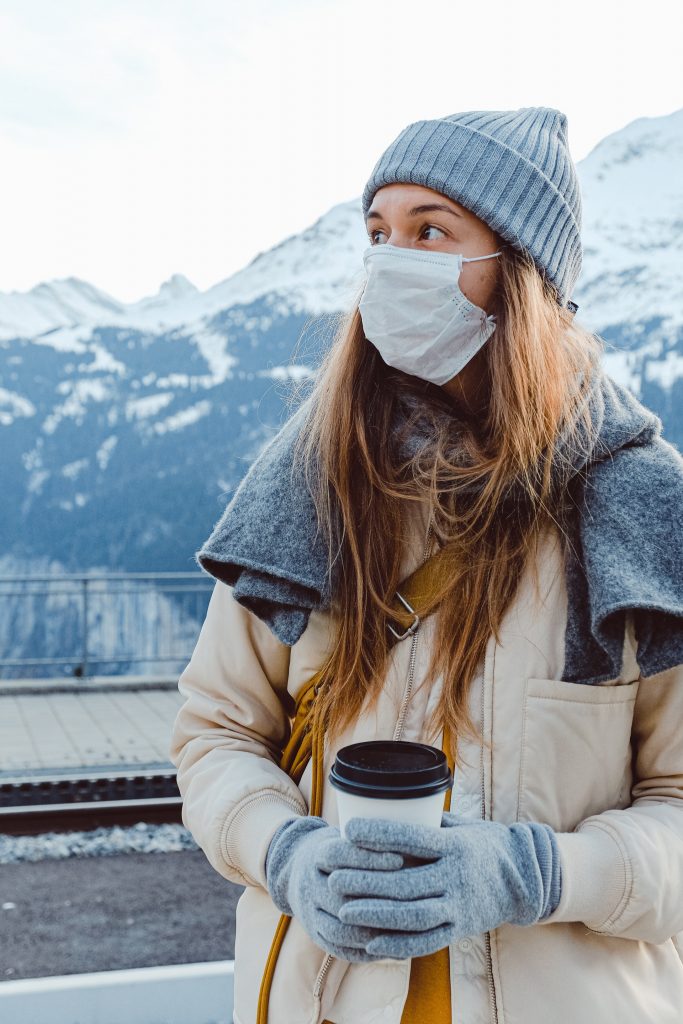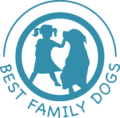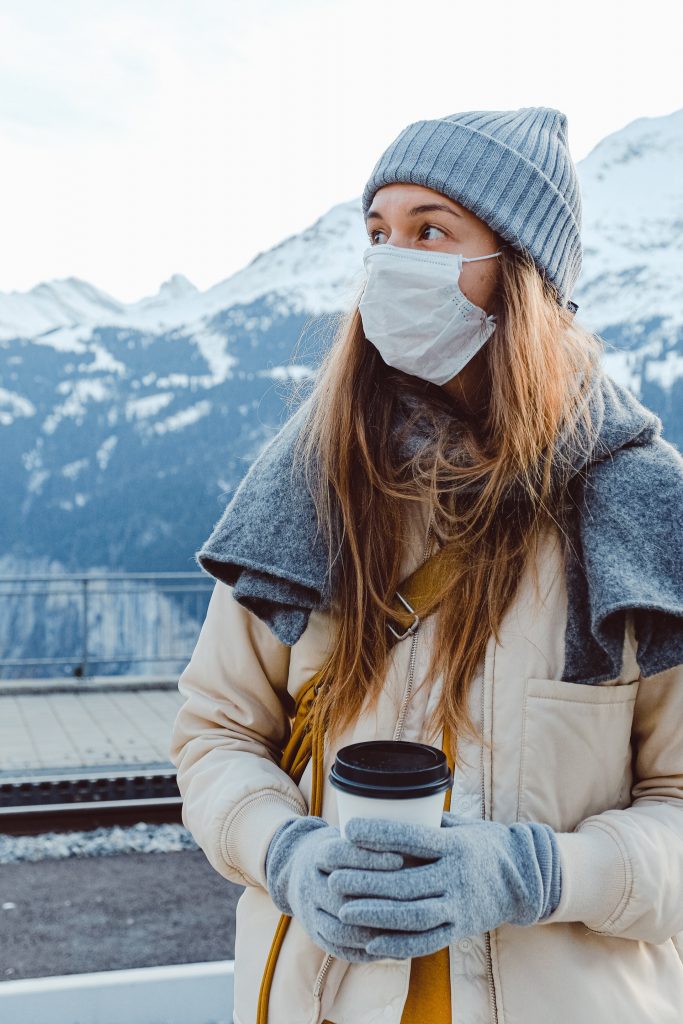
Although 3 dogs have been known to test positive in China for Coronavirous or COVID-19, the World Health Organization (WHO) and The Centre of Disease Control (CDC) state it is very unlikely that you and your dog would cross contaminate each other with COVID-19. The dogs that tested positive in China were thought to have been exposed to very high concentrations of viral contaminants to have the detectable level that they did.
You may have noticed on your dog’s vaccine check list there is a “coronavirus” strain listed. Fortunately, this is specifically a canine type of coronavirus only. Unfortunately, that strain is not the same as COVID-19, which has the possibility of other types of animal-human transmission.
Should My Dog Wear A Mask?
No. Applying a mask to your dog may interfere with your dog’s breathing. Their snout is longer and designed different than ours. Applying a mask on your dog may cause more harm than good.
A dog is highly likely to not be comfortable in the mask and keep trying to pull it off.
And finally, masks are designed for human faces, human nose and mouth measurements. If you every examined your dog’s mouth line, you see it cuts deep along his or her cheeks. No human mask would be able to cover that effectively.
There are medical masks made for dogs that wrap around their snout. However, it is not recommended for the same reasons. Not comfortable, can interfere with breathing and the dog will keep trying to remove it. Most importantly, your dog is not likely to get our COVID-19 strain.

How To Protect Myself and My Dog?
I’m sure many of you are doing a great job at these protective practices. They are the same as you have been hearing all over. Self-Isolate if feeling unwell, wash your hands frequently with soap and water, and use sanitizer if running water is not available.
- Wash your hands with soap and water for 20-30 seconds
- Frequently clean high-traffic, high-touch surfaces
- Self-isolate, it is okay to be around your dog
- Avoid touching your eyes, nose and mouth before washing your hands, these are the easiest areas for germs to get into you and make you sick!
- COVID-19 generally has an incubation period of anywhere from 2 days, which is rare, to 5-14 days which is more average, this means you are already sick but don not yet have symptoms
- Humans are very contagious in this incubation phase, even before they have symptoms
- Humans remain contagious when they blow their nose, and cough,
- Research has also found humans even shed the virus in their faeces.

Sources:
- https://pethelpful.com/misc/Can-Dogs-and-Cats-Get-Coronavirus-Your-Pets-Health
- https://www.publichealthontario.ca/-/media/documents/ncov/research-lauer-anninternmed-the-incubation-period.pdf?la=en
- https://vetmed.illinois.edu/pet_column/coronavirus-pets/

